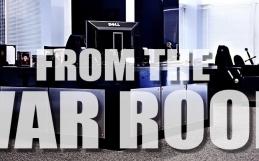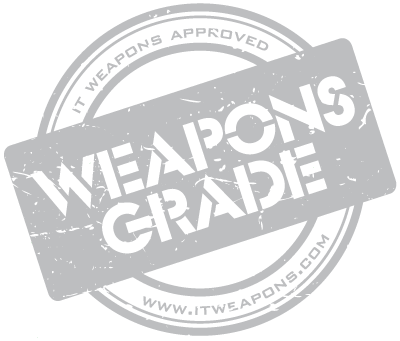General wisdom and standard moral doctrines say that everyone is entitled to their opinion, there are two sides to every story, and that everyone’s voice deserves to be heard. I agree … Sort of. Some opinions are harmful and wrong, not every story has 2 sides (some have none, and some have 34 sides), and there are plenty of voices that ought to get “shhhh’d” more often. In our Web 2.0 world, it’s getting harder and harder to filter out the noise and get at the truth. Everyone and their brother has a blog, and credibility is often built on volume, rather than substance.
Take the idea of ‘crowd sourcing’. The theory is that the wisdom of the crowd will generate truth for us and the internet will set us free. The prime example on the web is the rise and prominence of Wikipedia as a repository for knowledge and facts. But as a representation of what we know to be true, the wisdom of crowds has no greater value than Trivial Pursuit. Wikipedia is full of mistakes, half truths and misunderstandings. Everyone has the right to edit Wiki articles, contribute, and add content. That seems wonderful on the face of it. Democracy. Freedom of speech. The problem is that Wikipedia has no mechanism in place to discern between a true subject matter expert (say, a professional engineer posting an article on hydraulic pumps) or the 15 year old goof-ball who wants to mess around with the web by posting nonsense. In the democratic world of the internet, both have an equal claim to the truth, and the Engineer’s credentials mean nothing.
So where do you turn to for genuine advice? Popular opinion can tell you what’s “trending” but it’s no guarantee for what’s true. When everyone has a voice on the web, how do you find a genuine expert who also has the knowledge and experience to trust? The simple answer is to look for exactly that: EXPERIENCE. A resume of participation, success, and a history of action are the real markers of truth and genuine wisdom. And sometimes it takes a bit of work to find them. Ask people you trust and work from there. Avoid the loud voices and look for the doers.
I am not saying avoid Wikipedia and blogs … I am urging you to look past them.




